Should I Replace My Air Conditioner?
Whether it becomes obsolete or it starts to cost more to repair than it's worth, one day your air conditioner will have to be replaced. While there's no single answer for when this has to occur, there are a few rules of thumb, recommended by experts, to help guide your decision.Age
The U.S. Energy Star program recommends you start to at least consider changing your air conditioner if it's 10 years old or more. This is because older models may be far less efficient, generally, and may also be suffering from unavoidable wear and tear. [1] Signs of age-related decline include [1]
Signs of age-related decline include [1] - Rooms are too hot or too cold (or a mix of each)
- Your home remains uncomfortably sticky, even after the air conditioner has been running
- The electricity bills are getting larger
- You're spending a lot on costly repairs and maintenance
- Your home is excessively dusty
- The unit is noisy
- Measuring the size of each room
- Assessing the quality of the insulation
- Assessing the ductwork for leaks and to ensure it is the proper size
- Assessing other factors around the home (e.g., is it shaded or in full sun)
- Accounting for the weather in the region.
Costly Repairs
During the hottest months, your air conditioner kicks on and pulls the warm, moist air from your home through its cooling system dozens of times each day. Grinding away through the years, even with the best air conditioning unit, eventually parts will wear out.According to HomeAdvisor, the average yearly cost for air conditioning repairs ranges between $165 and $492. This isn't surprising when you consider the average costs of common issues: [4]
- Refrigerant recharge ($160 - $400)
- Thermostat replacement ($60 - $250)
- Circuit board replacement ($120 - $600)
Moreover, if your air conditioner goes down due to an expensive fix like replacing an evaporator coil or compressor, given that such repairs can easily cost well over $1,000, it may be time to start shopping for its successor. [4]
Efficiency
 The average cost of electricity paid by Florida consumers in 2016 was about $0.11 per kilowatthour (kWh), and the HVAC in your home accounts for about 40% of your electric bill. [5] [6]
The average cost of electricity paid by Florida consumers in 2016 was about $0.11 per kilowatthour (kWh), and the HVAC in your home accounts for about 40% of your electric bill. [5] [6]
Therefore, upgrading to a more efficient air conditioner can greatly reduce your electricity costs.
For example, exchanging an older 9 SEER unit just with a 13 SEER system can result in a 30% reduction in energy use (and expense).
Moreover, investing in a super high-efficiency model, like an 18.5 SEER will result in an additional 30% reduction in electricity costs. [6] [7]
You can conduct a self-check of the efficiency of your air conditioner with Energy Star's Home Energy Yardstick. If you score below 5, it's probably time to look into buying a new unit.
If you think you might need a new AC, a good place to start is with a comprehensive HVAC inspection conducted by a skilled and reputable contractor. Contact us online here or give us a call now at (727) 392-6111, and let Air Zero's skilled technicians provide you with a FREE estimate.Resources
[1] https://www.energystar.gov/index.cfm?c=heat_cool.pr_checklist_consumers [2] http://www.lib.niu.edu/1997/ic970707.html [3] http://homeenergysaver.lbl.gov/consumer/help-popup/content/%consumer%nrr%air-conditioner [4] http://www.homeadvisor.com/cost/heating-and-cooling/repair-an-ac-unit/ [5] https://www.eia.gov/electricity/monthly/epm_table_grapher.cfm?t=epmt_5_6_a [6] http://edis.ifas.ufl.edu/fy1026 [7] https://www.energystar.gov/index.cfm?c=most_efficient.me_cac_ashpTags
Subscribe to Air Zero's Blog



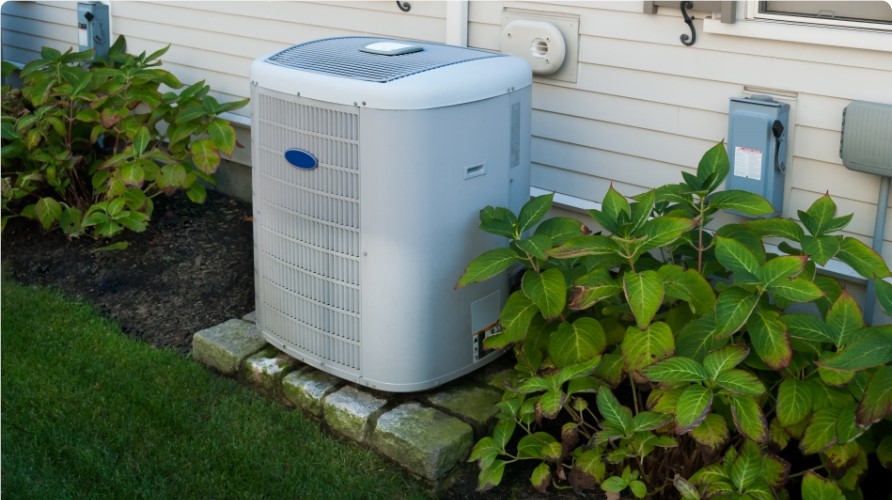
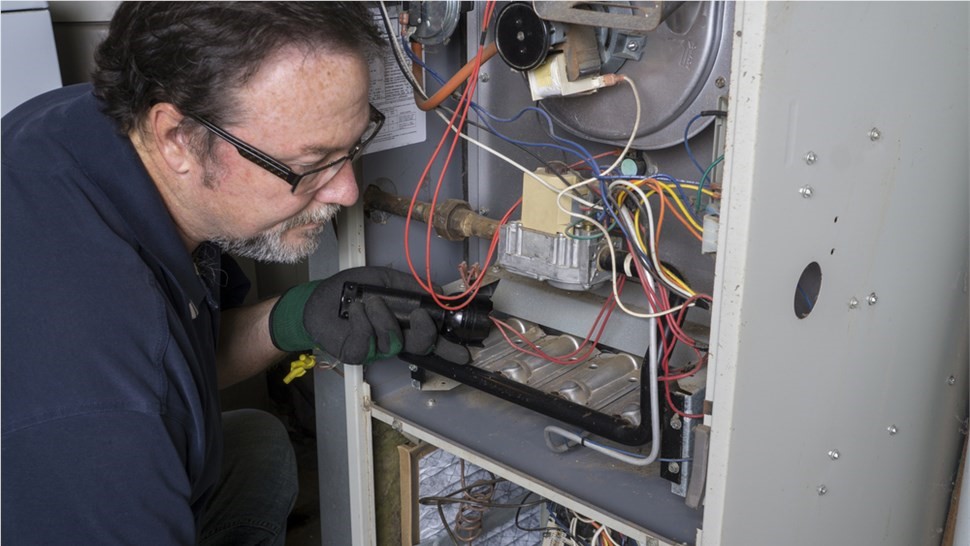
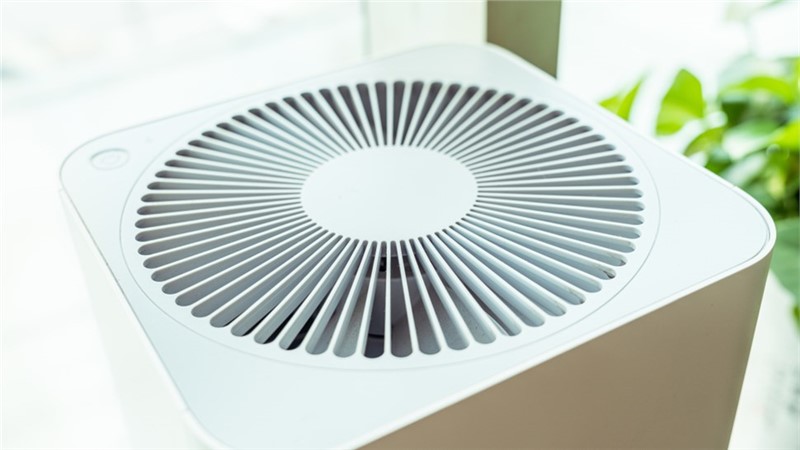
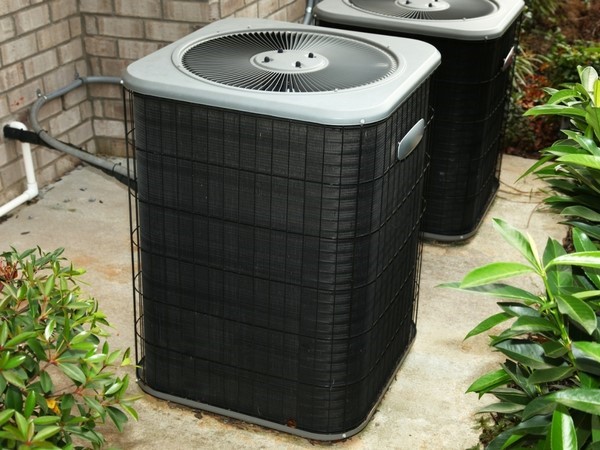


Comments